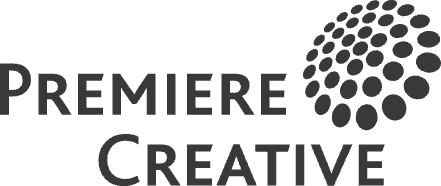When putting together a social media strategy, it’s important to identify your goals. Without an objective and set goals, it’s very hard to measure and determine the success of your campaign or more importantly the ROI. Depending on the purpose of your campaign (grow website traffic, create awareness, increase sales, etc), there are important goals you should be measuring that will determine the impact of your social media efforts.
Building Brand Awareness
Most businesses are looking to increase their brand recognition when they dive into social media. It’s important to stay relevant, especially in the digital world. Your online influence is important and when customers are aware of your brand and engage with it on social media websites, it’s very likely they are recommending it to their friends and followers. Klout is a popular website used to calculate online influence. It measures true reach (how many people you influence), amplification (how much you influence people) and your network impact (how influential your audience is).
Content Sharing
When you post on your social media sites, you are sending information and messages that reach your direct fans and followers. However, when they share your content, your reach is increasing. By sharing your content, now only do they think your information is valuable or interesting, but they are helping you develop new fans and followers. Be sure to keep track of your social media analytics to get an idea of what your fans are interested in and what they are sharing.
Website Traffic
Is your overall goal to drive more traffic to your website (and hopefully in turn develop more leads)? While traffic isn’t always the most important, it can play a large part in your business, especially if you are selling product online. Google Analytics is a great, free tool that can be installed on your website very easily. From there, you can measure the visits to your website, page views, social referrals, customer loyalty and conversions. Customer loyalty is a certain metric you should be paying extra attention to. The more time people spend on your site, the more likely they are to buy from you. If people are visiting your site more than once, you have loyal visitors. Think, if people are only visiting once, you’re not capturing them for the long run.
Conversion Rates
Spending time analyzing traffic, customer loyalty and your overall website analytics will understand on average how many visits to your site are required for one of your visitors to convert. A conversion could be someone purchasing products from your site (if you own an eCommerce website), contacting you through the contact form, signing up for your newsletter or downloading white papers or e-books. You can set up Advanced Segments in your Google Analytics to track social media sources specifically. This information will record social media influence, track which customers are coming from social sites and record conversions.
Depending on your social media goals and strategy, there could be many other important metrics you are looking to measure. There are many ways to use Google Analytics to help track your efforts, plus sites like Wildfire, HootSuite and others can help too.
